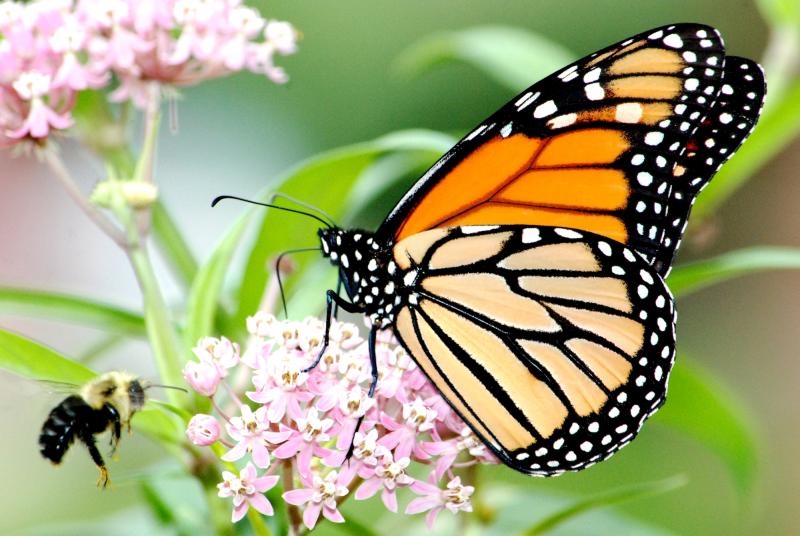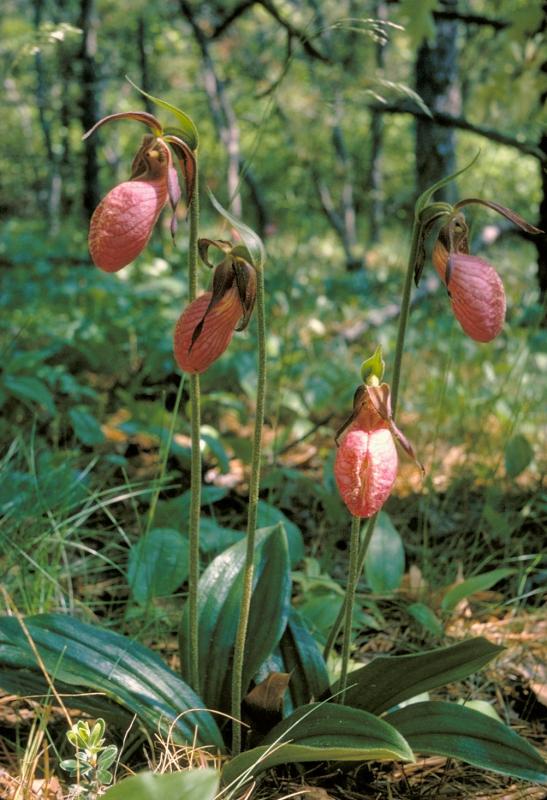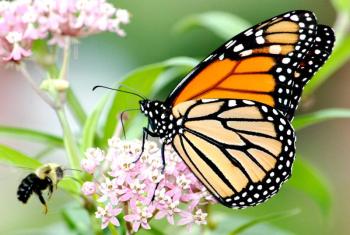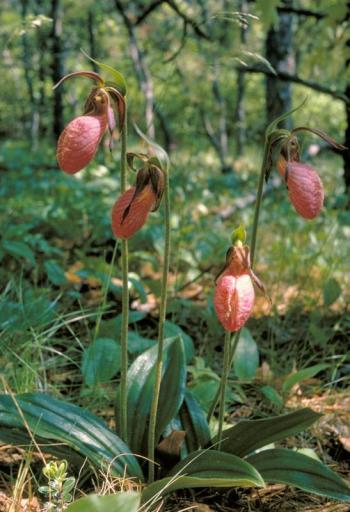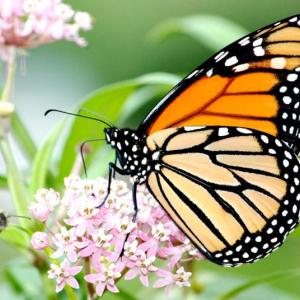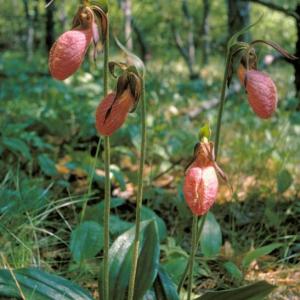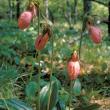Multiple options for Maine ‘Signs of the Seasons’ volunteer citizen scientist training
University of Maine Cooperative Extension and Maine Sea Grant will offer four free ‘Signs of the Seasons’ training options for volunteer citizen scientists around the state.
The training options include:
A three part webinar series March 22, 24 and 26, from 4 - 5 p.m.
Online training co-hosted by Wells National Estuarine Research Reserve, March 23, from 3:30 - 5 p.m.
In-person, socially-distanced training co-hosted by Coastal Maine Botanical Gardens, May 5, from 10 a.m. - noon, at 132 Botanical Gardens Drive, Boothbay. The training is limited to 10 participants.
Online training co-hosted by Coastal Maine Botanical Gardens, May 5, from 4 - 5 p.m.
Each training includes information about the importance of studying phenology in a changing climate, the relevance of indicator species to New England, and how to set up a site and start observing. Data collected by volunteers contribute to an online database hosted by the National Phenology Network.
All trainings are free and open to the public; registration is required for each session. Register and find full details on the program website. For more information or to request a reasonable accommodation, contact Esperanza Stancioff, 207.832.0343; esp@ maine.edu.
University of Maine Cooperative Extension:
As a trusted resource for over 100 years, University of Maine Cooperative Extension has supported UMaine's land and sea grant public education role by conducting community-driven, research-based programs in every Maine county. UMaine Extension helps support, sustain and grow the food-based economy. It is the only entity in our state that touches every aspect of the Maine Food System, where policy, research, production, processing, commerce, nutrition, and food security and safety are integral and interrelated. UMaine Extension also conducts the most successful out-of-school youth educational program in Maine through 4-H.
About the University of Maine:
The University of Maine, founded in Orono in 1865, is the state's land grant, sea grant and space grant university. It is located on Marsh Island in the homeland of the Penobscot Nation. As Maine's flagship public university, UMaine has a statewide mission of teaching, research and economic development, and community service. UMaine is the state's only public research university and among the most comprehensive higher education institutions in the Northeast. It attracts students from all 50 states and more than 75 countries. UMaine currently enrolls 11,741 undergraduate and graduate students who have opportunities to participate in groundbreaking research with world-class scholars. UMaine offers more than 100 degree programs through which students can earn master's, doctoral or professional science master's degrees, as well as graduate certificates. The university promotes environmental stewardship, with substantial efforts campuswide to conserve energy, recycle and adhere to green building standards in new construction. For more information about UMaine, visit umaine.edu.
Event Date
Address
United States

